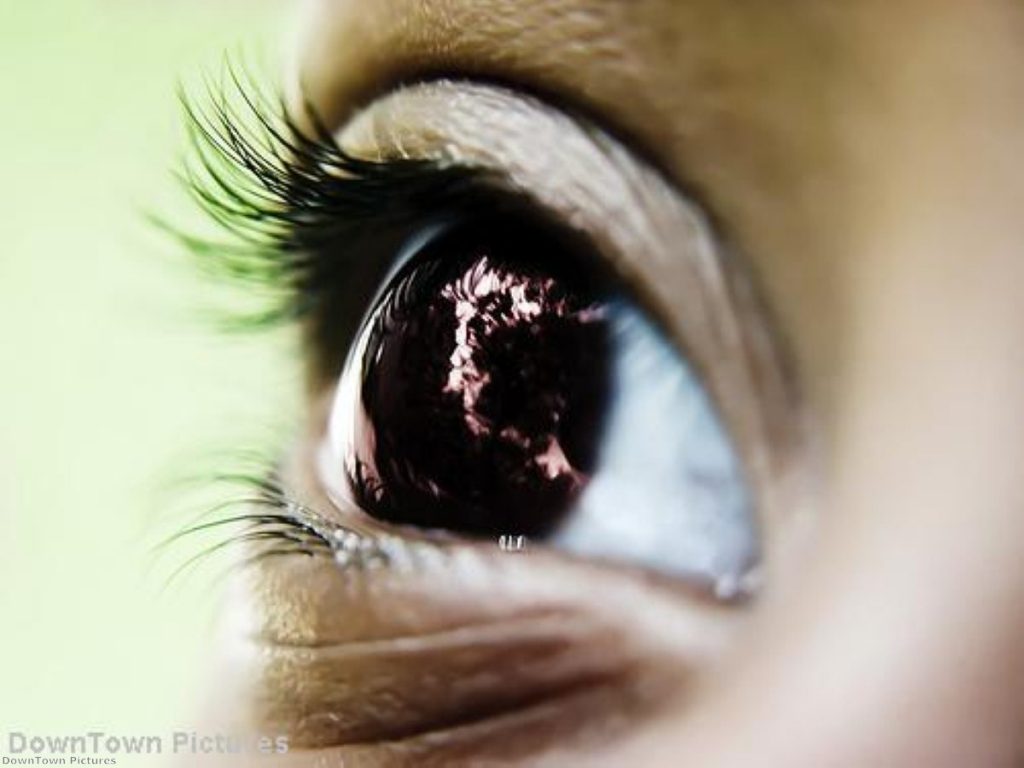Comment: Returning jihadists need rehab – not jail
By Alastair Sloan
Denmark is putting many Syria returnees through rehab instead of locking them up. Put this idea to right-wing British politicians and you, of course, expect a wave of outrage. The critics will say that these people don't deserve therapy, they deserve the clanger. Betray your nation and we'll lock you up for good.
But terrorism has a bad habit of clouding our judgement. Boris Johnson fled his senses when he declared that anyone travelling to Syria should be automatically treated as "guilty until proven innocent" – up-heaving centuries of excellent British Common law. Never mind that many Muslims who've travelled to Syria recently are, in fact, humanitarian workers.
Mixing softer rehab programmes with tough jail sentences for the truly deranged would reap benefits for Britain, and though it might come across as weak on terror there's no reason to suppose it is.


The Hague has been declared 'Jihad City' by members of the Islamic State, so alongside the rehab programme, arrests are being made of any terrorists, already in Denmark, to prevent imminent attacks.
According to Danish authorities, Isis has a few hundred followers in the country, and several thousand sympathisers. This broadly matches with the assessment of the Centre for Terrorism and Counterterrorism at Leiden University. Denmark is, verifiably, as threatened by terrorism as any state in the Western world.
Which is exactly why authorities aren't letting that threat cloud their judgement – establishing a welcoming rehab centre which sees the less dangerous returning Muslims offered psychological counselling and re-education on how not to be a bloodthirsty gun nut.
Those who have fought are treated alongside those who operated as aid workers. The aim is to allow them to re-enter society and even act as positive influences on others.
Is rehabilitation fool-proof? No, and those running the centre admit it. “This is a petri dish,” said one of the officials.
But it's a petri dish with potential. Peter Neumann, a professor at the International Centre for the Study of Radicaliaation and Political Violence (ICSR) stresses that "less-hardened" jihadists could play a positive role in influencing others not to join Isis – just as reformed gang members are succesfully being deployed to deter British youngsters from going into crime.
Facing an even more severe threat from the Isis, Saudi Arabia has also gone down the rehabilitation front, mixed with jail sentences for those posing the most risk.
Sure, individuals within the kingdom are allegedly funding Isis, but the state itself has every reason to fear them – so it's worth looking at how seriously they take mixing the iron fist with namby pampy rehabilitation. Without the pressures of an upcoming general election, King Abdullah just deploys policy as he sees fit.
Like Denmark, the Saudis have arrested returning jihadists without hesitation if they think they present an imminent threat. But they've also set up the Mohammed bin Naif Counseling and Care Center, located in a Riyadh suburb.

The compound itself used to be a holiday resort. It has a swimming pool. Returnees from Syria are taught anger management – and re-educated on what the Prophet Muhammed taught about restraint, about how jihad can only be waged "under one flag", with the permission of the king the potential jihadist's mum and dad (as strict father and Prophet Muhammad dictated in the Qu'ran).
Isis have explicitly fingered Mecca and Medina as high on their terror itinerary. Tens of thousands of Saudi troops have been stationed at the border to prevent this happening. At least twelve hundred Saudis are believed to have left the kingdom to fight in Syria.
Current King Abdullah's brother, King Khalid, was embarrassed before the entire Muslim world in 1979, when the Grand Mosque of Mecca was stormed by salafi extremists with near identical ideologies to Isis, resulting in a gun battle which saw Saudi troops ramming through the Mosque gates with armoured personal carriers, and artillery shells fired into the Mosque's minarets to topple jihadist snipers. The terrorists took one hundred thousand hostages in the process, hundreds of whom lost their lives.
King Abdullah has no desire to live through his brothers embarrassment once more (nor the more recent al-Qaida bombing campaign in the kingdom) which is why he's taking rehabilitation, mixed with jail sentencing, seriously. He wants to actually stop terrorist attacks – not just look tough.
The United Arab Emirates, likewise, is another country serious about combatting extremism – Abu Dhabi was chosen as a global headquarters by Washington for their Global Counterterrorism Forum, a network of Western and Middle Eastern nations.

The UAE are involved in airstrikes against Isis and have already conducted their own against Islamist extremists in Libya (unfortunately resembling the first half of Dambusters not the latter, but points for trying).
These guys are as serious about combating extremism as the next man, but again, they're mixing rehab for some with jail sentences for others.
Announced at the end of August, their new centre will see psychiatrists, social workers and preachers rehabilitate those lured into "international terrorist cells".
Britain should be doing the same, but David Cameron is determined to deploy the standard Tory tough justice policies.
Like other nations, we face a very real terrorism threat from Isis. Some of those nations who have deployed rehab efforts can hardly be accused of being law-and-order lightweights, but they know that being smart, not getting emotional, and considering all the options on the table is the best way to defeat terrorists.
Alastair Sloan writes for The Guardian and The Independent in the UK and for PolicyMic and The Daily Beast in the US. Follow him on Twitter or read his latest work at unequalmeasures.com.
The opinions in politics.co.uk's Comment and Analysis section are those of the author and are no reflection of the views of the website or its owners.












